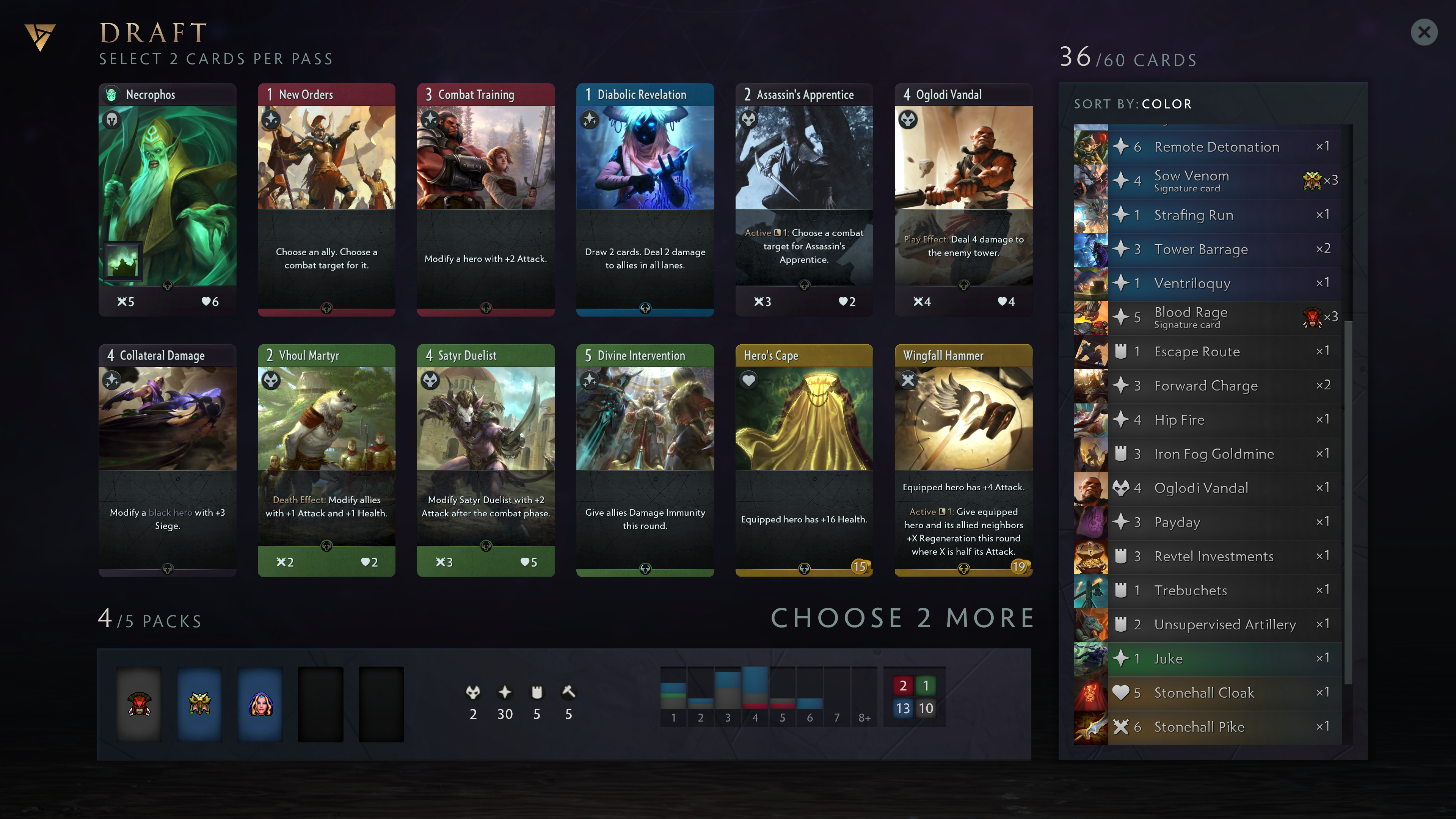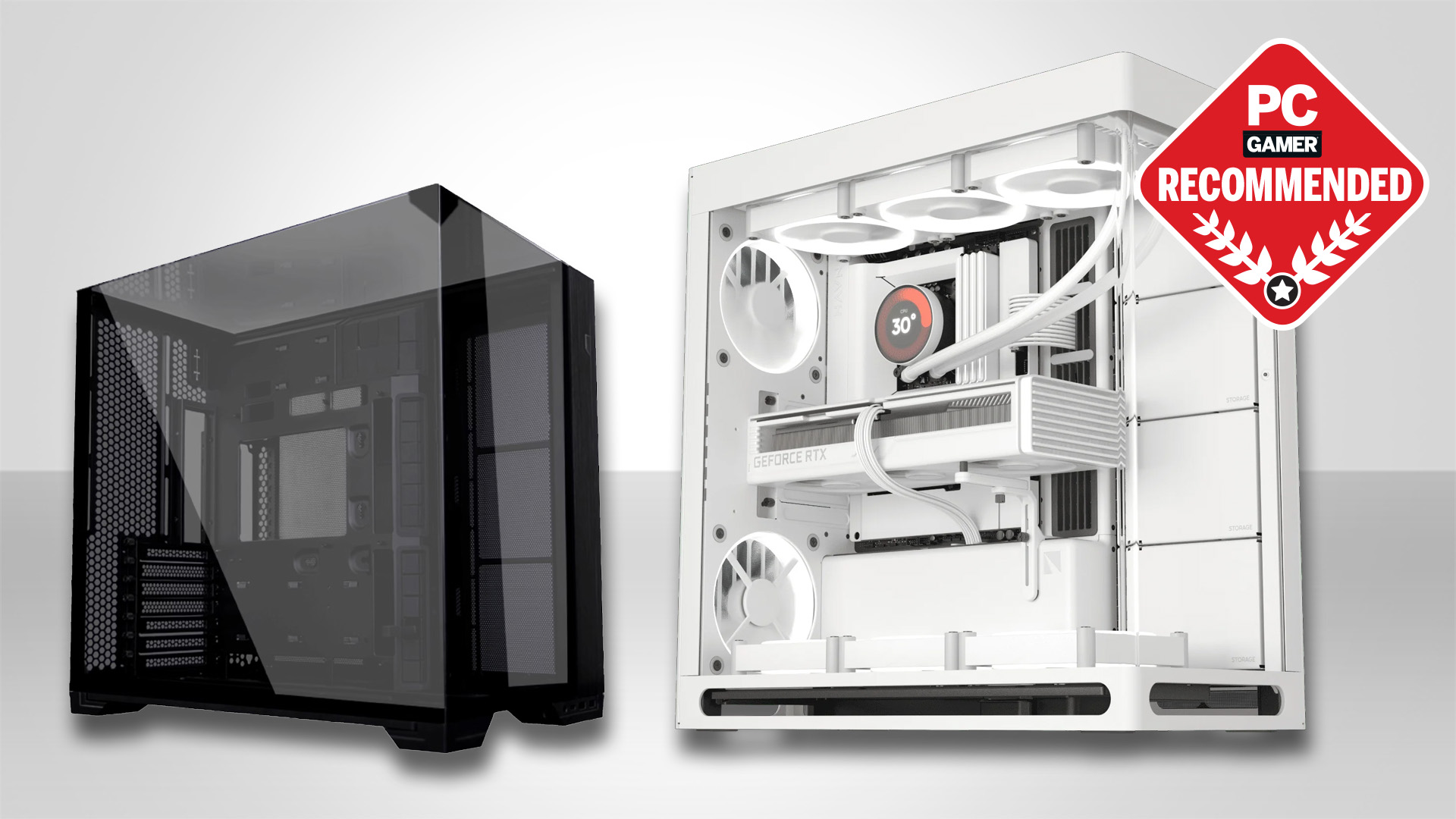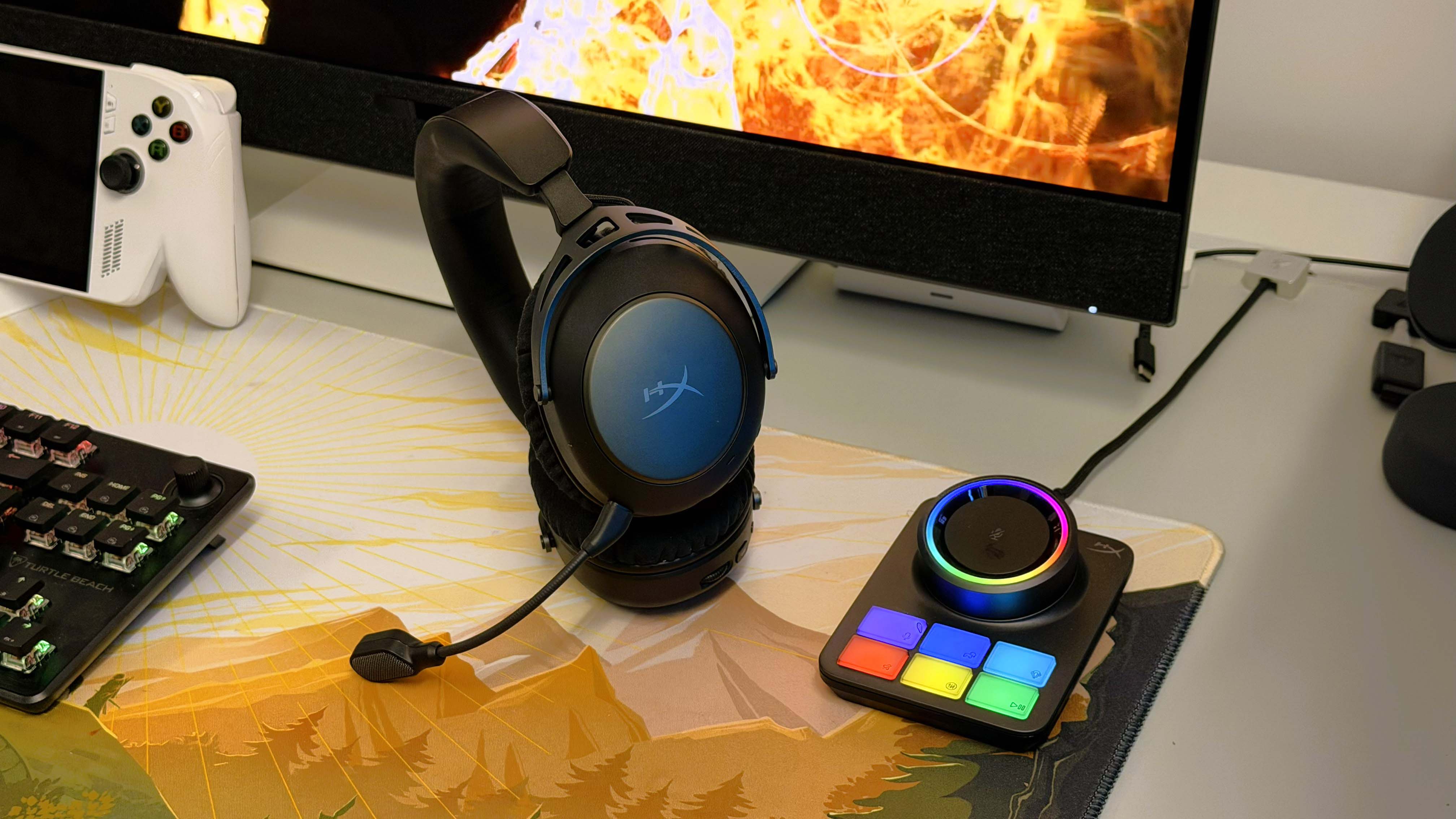Valve says $500 Artifact decks is 'just not going to happen'
The studio said it aims to ensure that Artifact carries 'a reasonable price.'
Valve's CCG Artifact is a little different from most in that it won't be free to play. Instead, players will shell out $20 up front, which Valve boss Gabe Newell said in August will help prevent a "flood of free stuff that destroys the economy and the value of people's time." Even more interestingly, players will be able to buy and sell cards as part of an "open" economy on the Steam Marketplace.
That's naturally led to some concerns about players being priced out of competition, as powerful cards naturally rise in price to the point that only deep-pocketed players can afford them. But during our recent hands-on with the game (in which Valve showed us no mercy), the developers expressed confidence that it wouldn't work out that way: Designer Skaff Elias said Valve doesn't have a specific target for deck pricing, but said that a $500 price for a deck, which we posited as an example, would be "completely unacceptable."
"If there’s one expensive deck, maybe there will also be ten cheap decks," Elias added. "We definitely want to make sure [Artifact is] a reasonable price for people to play. We would not want to see all the decks be $500 decks. It’s just not going to happen."
"The original philosophy of 'rarity does not equal power level' is more pronounced here. I think there will be decks that have a decent number of commons and uncommons inside of them," gameplay programmer Brad Muir expanded. "In the case of common cards, they’ll be so abundant that the price [of those cards] will have a hard time getting off the floor."
That sounds very much in line with Andrew "Reynad" Yanyuk's recent prediction that Artifact's economy will end up looking a lot like that of Magic: The Gathering Online. "This kind of economy will have a massive effect on the metagame, because decks with the best cost-to-viability ratio become over-represented," he said. "Just because a deck is decent and cheap, people will play it much more than an objectively better deck that is more expensive to acquire."
The other obvious upside of the open market is that if you don't like the cards you've got, you can unload them for market value and go for a different approach. "Having the market means that if you want to try a different type of deck you can sell the cards you have," Valve's Jeep Barnett said. "You can take your investment and turn it into something else."
Valve also wants to ensure that players have the tools they need at hand to ensure that they're getting the most out of that investment. "We have a temporary deck tracker. We’re experimenting with that," Muir said. "We don’t want you to ever have to use a pen and paper or some third party thing."
Keep up to date with the most important stories and the best deals, as picked by the PC Gamer team.
Artifact is slated to go live on November 28. If digital cards are your thing, don't miss our full hands-on and Q&A session with Valve right here.

Andy has been gaming on PCs from the very beginning, starting as a youngster with text adventures and primitive action games on a cassette-based TRS80. From there he graduated to the glory days of Sierra Online adventures and Microprose sims, ran a local BBS, learned how to build PCs, and developed a longstanding love of RPGs, immersive sims, and shooters. He began writing videogame news in 2007 for The Escapist and somehow managed to avoid getting fired until 2014, when he joined the storied ranks of PC Gamer. He covers all aspects of the industry, from new game announcements and patch notes to legal disputes, Twitch beefs, esports, and Henry Cavill. Lots of Henry Cavill.


